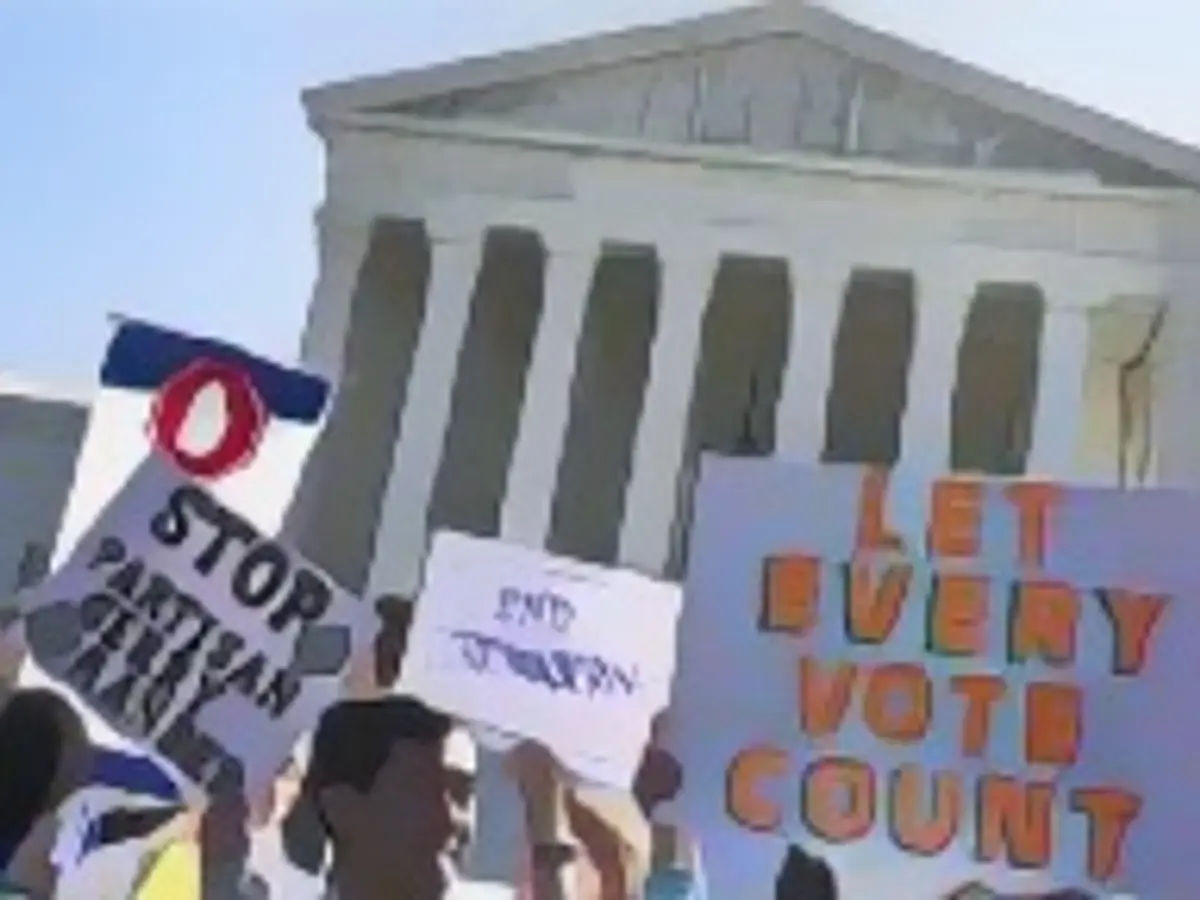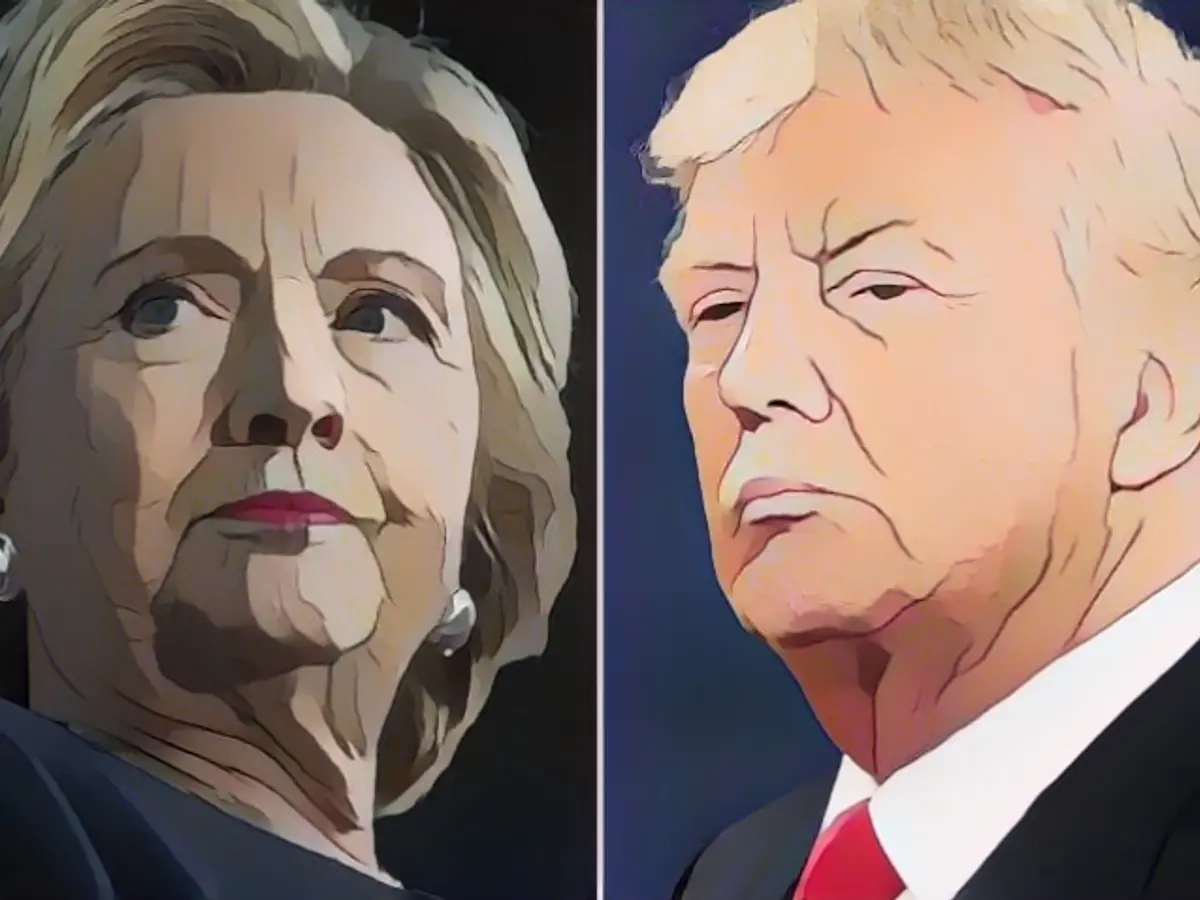Trump's document destruction habit highlights a pressing issue
Donald Trump's disregard for rules sets a concerning precedent
Trump's documented destructive tendencies have caused ripples of concern in political circles. His predecessors have faced accountability for similar actions in the past, but Trump far surpassed them, blatantly defying laws enacted after Watergate.
Now, fresh reports indicate that Trump developed a habit of destroying documents during his presidency. A CNN political analyst, Maggie Haberman, reported that White House employees would regularly come across toilets clogged with bundles of wet documents. Trump denies this claim, labeling it "absolutely false."
Additionally, at least 15 boxes containing documents and other items were transported from the White House to Florida by Trump at the end of his presidency. While Trump's advisers claimed these boxes were filled with mementos, gifts, and letters, the National Archives and Records Administration (NARA) is now pressing the Department of Justice (DOJ) for an investigation into Trump's access to White House documents.
Though the Presidential Records Act was not enacted until 1981, presidents have been voluntarily preserving documents since the 1930s, laying the groundwork for presidential libraries. However, after Watergate, Congress aimed to restrict the president's role in matters that the public could access or not. Their goal was to promote a more informed understanding of the presidency for future elected officials and provide them with crucial information, whether for academic, investigative, national security, or other purposes.
Historians rely heavily on these records, which generally provide the most accurate and detailed accounts of presidents and their administrations. During trips to presidential libraries, visitors meander through exhibits while historians huddle in reading rooms, delving into crates of memos, letters, reports, and more.
The Presidential Records Act has limitations, chiefly in its lack of a strong enforcement mechanism. James Grossman, executive director of the American Historical Association, pointed out that "I doubt anyone ever envisioned the need for a mechanism to enforce this law."
Congressional representatives, such as Senator Chris Murphy (D-CT) and Representative Mike Quigley (D-IL), introduced legislation urging annual inspections by archivists, but their efforts have thus far been unsuccessful.
Trump's ability to circumvent the Presidential Records Act underscores broader concerns in recent years. Our government and checks and balances system rely on the belief that elected officials will adhere to the norms of their office and not relentlessly seek political power. We expect presidents to abide by internal guidelines and not pursue power at any cost. Moreover, we expect lawmakers to be motivated by the country's interests and not partisanship when controlling and balancing the executive.
When norms are disregarded, our constitutional system of checks and balances, erected after Watergate to curb presidential misconduct, becomes ineffective and inadequate.
Sign up for our free weekly newsletter
- Subscribe to the new CNN Opinion newsletter.
- Follow us on Twitter and Facebook
In 2022, two solutions for tackling these issues present themselves. Congress could push for the reforms proposed by Murphy and Quigley, aiming to reduce the leeway for officials acting contrary to regulations. Additionally, voters can show consistent support for politicians who can enforce boundaries effectively.
If we fail to address this problem, we will continue living in a Nixon-esque world – a place where what's legal and what's not can shift based on a leader's whim and pose an existential threat to every American, regardless of their political leanings.
This article has been updated with the latest information about Trump's White House document-shredding allegations.

Read also:
- It has been observed that Trump aggressively bypassed regulations aimed at increasing transparency and accountability, thus emphasizing the importance of developing more stringent guidelines.
- Trump's disregard for the Presidential Records Act has raised concerns about the condition of the presidential archives and the integrity of the information.
- This incident highlights the broader problem of executives using their powers to circumvent regulations in pursuit of political clout.
- In order to maintain constitutional checks and balances and uphold the integrity of government operations, stricter enforcement measures may be necessary.
Source:
Here's a summary of the enrichment data:
- American Oversight warned Elon Musk and federal agencies about preserving records related to the Department of Government Efficiency (DOGE), which was created by Trump. Compliance with the Federal Records Act is essential to prevent litigation and ensure transparency and accountability.
- The House Select Committee investigating the Jan. 6, 2021, Capitol attack has been accused by Trump and some Republicans of deleting and destroying evidence. However, misinformation has been disproven.
- The National Archives and Records Administration (NARA) has been actively involved in ensuring compliance with the Presidential Records Act. In the case of Trump's classified documents, the Department of Justice (DOJ) dropped its appeal, effectively ending Jack Smith's cases related to Trump's handling of classified documents.
- Congressional committees continue to investigate and address potential violations of the Presidential Records Act. For instance, a recent Congressional Record highlights concerns about the handling of sensitive information and the potential for corruption.
- The SEC's enforcement program and whistleblower program demonstrate the importance of robust oversight mechanisms in preventing and addressing potential abuses of power. The SEC's whistleblower program continues to generate investigative leads.







